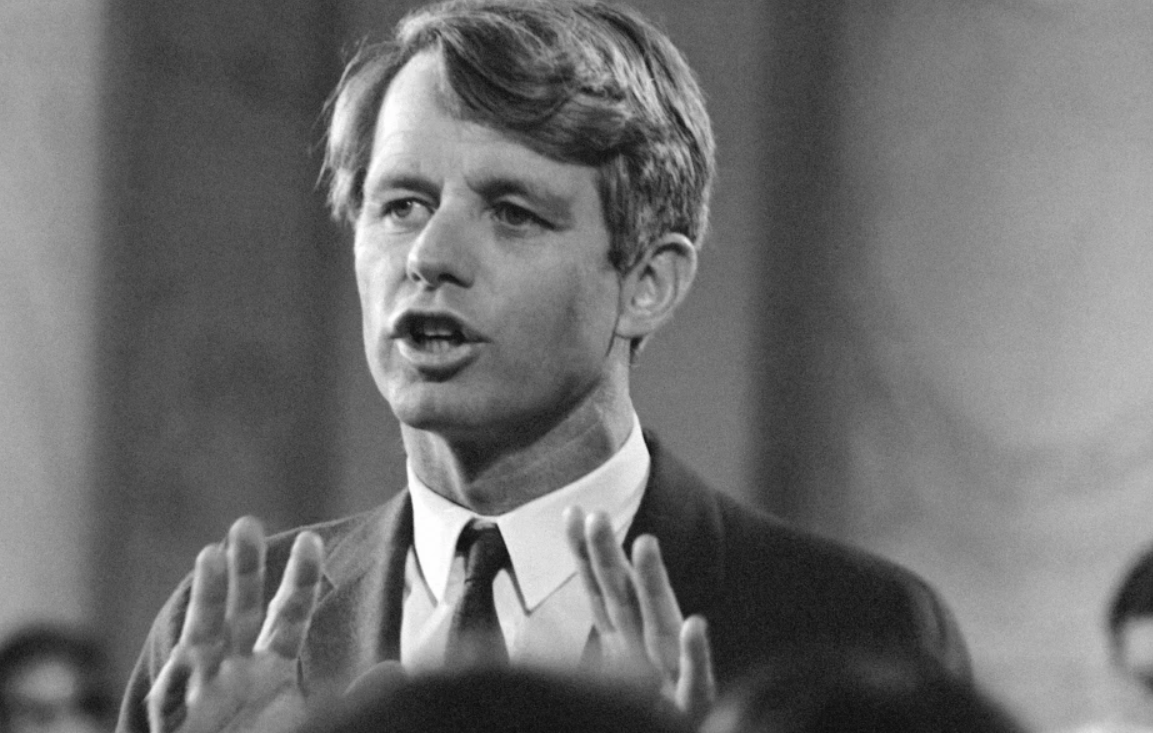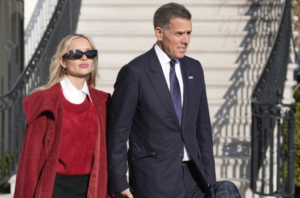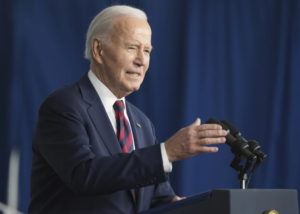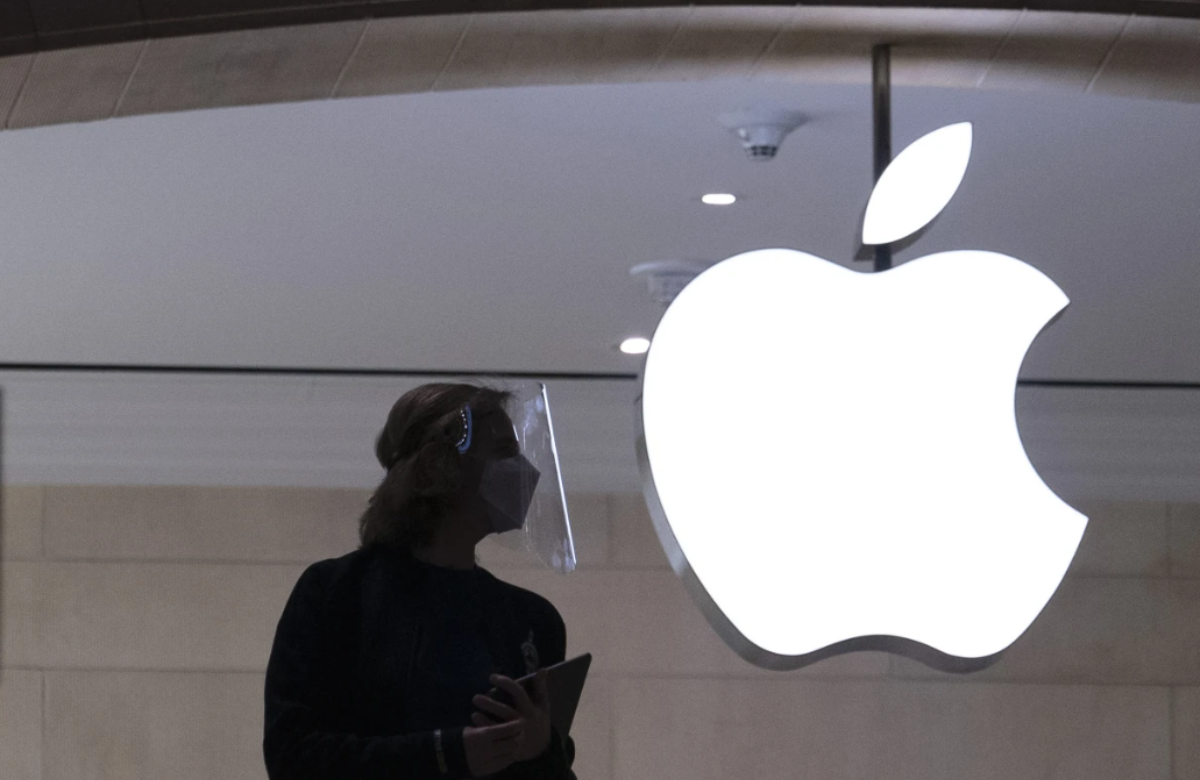The CIA has released nearly 1,500 pages of newly declassified documents related to the 1968 assassination of New York Senator Robert F. Kennedy. These records shed light not only on the agency’s investigation into his killing but also on previously undisclosed interactions between Kennedy and the CIA during his political career.
Among the revelations is that RFK voluntarily met with the CIA after a 1955 trip to the Soviet Union, sharing detailed observations as a willing informant. The documents show Kennedy provided the agency with insights from his travels, a common practice at the time for American officials and business leaders returning from visits to the USSR.
The declassified material includes 54 documents, many of which detail the CIA’s efforts to determine whether Kennedy’s assassin, Sirhan Sirhan, had any ties to foreign governments. Also included are memos reflecting how other nations reacted to RFK’s death. One CIA memo sent to the White House the day after the assassination stated that an initial records search revealed no prior information about Sirhan.
The document release is part of a broader transparency effort originally ordered by President Donald Trump, which included calls to declassify materials related to the deaths of Robert F. Kennedy, President John F. Kennedy, and Dr. Martin Luther King Jr. In April, more than 10,000 pages regarding RFK’s assassination were made public. The latest release also contains information on JFK and King, including documents compiled after RFK’s death that address conspiracy theories.
CIA Director John Ratcliffe said in a statement that the release fulfills a promise of greater transparency, allowing the public to better understand the agency’s work. “I am proud to share our work on this incredibly important topic with the American people,” he said.
Robert F. Kennedy, a leading Democratic presidential candidate at the time, was fatally shot on June 5, 1968, shortly after delivering a victory speech at the Ambassador Hotel in Los Angeles. Sirhan Sirhan, who was convicted of first-degree murder, is currently serving a life sentence.
The documents reveal that Kennedy’s CIA debriefing from his Soviet visit included highly specific, on-the-ground details. One report quotes him describing a factory in Novosibirsk, noting wage scales, the gender composition of the workforce, and the demeanor of the plant’s director and engineer.
These meetings, according to the CIA, demonstrated Kennedy’s “patriotic commitment” to national service during a period of Cold War tension when the agency highly valued personal accounts from Americans who traveled to Soviet-controlled areas.
In preparing this release, the CIA used artificial intelligence tools to comb through its archives for materials potentially related to RFK’s assassination. While many resulting documents had minimal relevance to the killing itself, they included important context about Kennedy’s interactions with the agency.
Health and Human Services Secretary Robert F. Kennedy Jr., RFK’s son, welcomed the release. “Lifting the veil on the RFK papers is a necessary step toward restoring trust in American government,” he said.
Among the other notable documents is a 1975 memo from then-CIA Director William Colby, addressing lingering allegations that the agency had a role in President John F. Kennedy’s 1963 assassination. Colby firmly denied that Lee Harvey Oswald, JFK’s assassin, had any connection with the CIA, though he acknowledged that five CIA documents referenced Oswald before the assassination. Still, he emphasized that Oswald’s name “had no particular meaning before that fateful event.”













